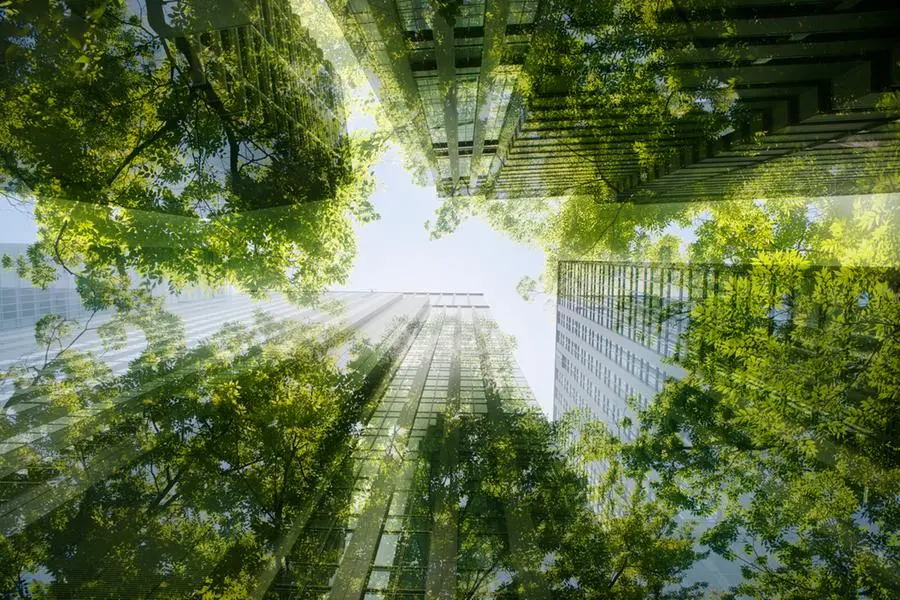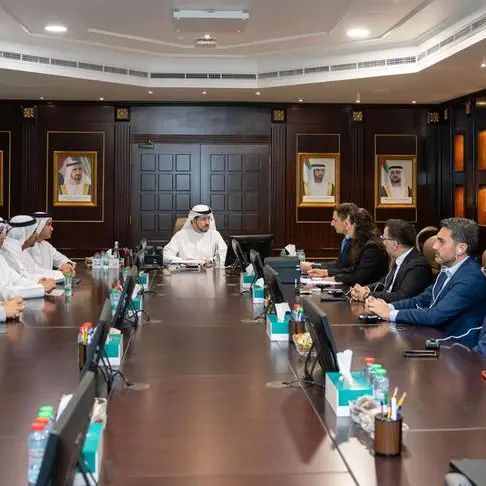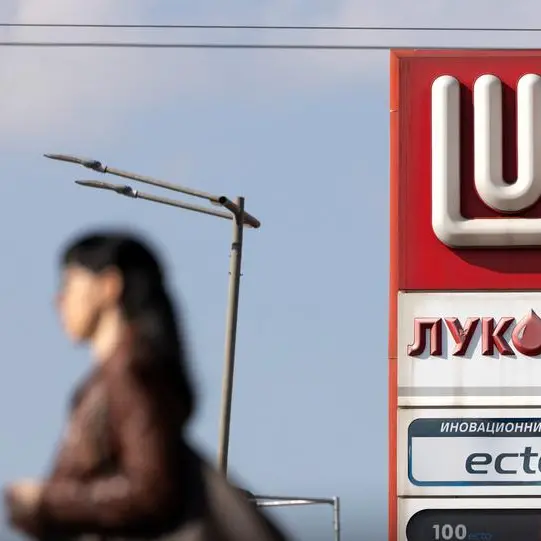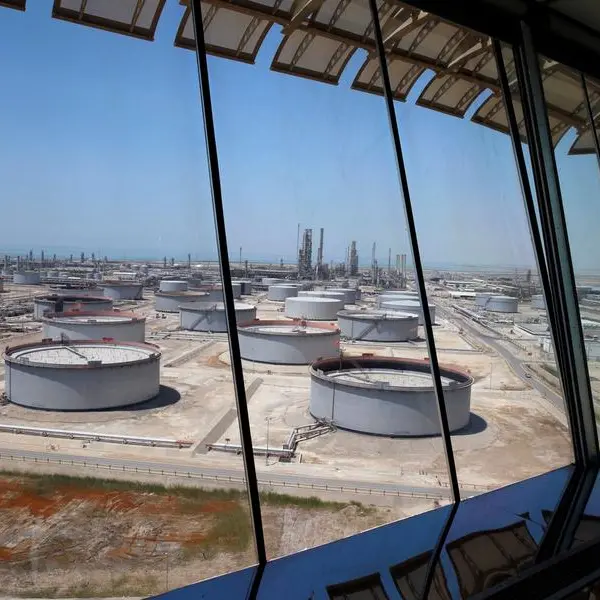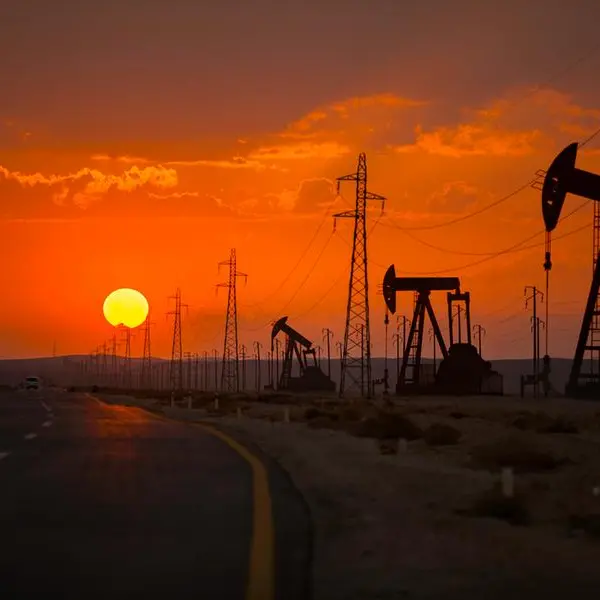PHOTO
ABU DHABI: The United Arab Emirates' commitment to sustainable development is evident in its numerous projects and initiatives that promote climate action and renewable energy solutions, while also bolstering climate finance to accelerate green growth in Africa.
The UAE's sustainable investments in Africa reflect its dedication to strengthening effective international cooperation and partnerships to support synchronised progress in sustainable development, climate action, and endorsing measures aimed at tripling renewable energy production capacity by 2030.
To date, the UAE has invested over $12 billion in development projects and renewable energy across Africa through partnerships with both governmental and private sectors. Additionally, the UAE continues to play a leading role in rallying international efforts to achieve the goals of the Paris Agreement, striving to limit global temperature rise to well below 2 degrees Celsius, preferably to 1.5 degrees Celsius, compared to pre-industrial levels.
In line with its hosting of the COP28, the UAE announced an initiative for financing clean energy projects in Africa worth AED16.5 billion. The initiative aims to enhance Africa's capacity to achieve sustainable growth, bringing together the Abu Dhabi Fund for Development (ADFD), Export Credit Insurance Corporation, Abu Dhabi Future Energy Company "Masdar," and AMEA Power to collaborate with the Africa50 Group as strategic partners. Their objective is to develop 15 gigawatts of clean energy by 2030. These entities will work together to deploy AED16.5 billion to stimulate an additional approximately AED45 billion from various multilateral, governmental, and private sources.
This noteworthy initiative, forged in collaboration with the Africa50 fund, aims to accelerate the deployment of clean energy solutions across Africa, paving the way for an organised, responsible, and equitable energy transition.
It highlights the urgency of addressing climate finance gaps by presenting a scalable and replicable model to stimulate investment in clean energy projects across the Global South, regions most vulnerable to the impacts of climate change.
Masdar remains steadfast in its ambitious strategy to expand renewable energy projects in Africa, as evidenced by its commitment to invest $2 billion as part of the new initiative.
Additionally, the company aims to leverage this investment to mobilise an additional $8 billion in funding, collectively targeting the development of 10 gigawatts of clean energy capacity in Africa by 2030.
These investments align with the overarching objectives of the "Union 7" programme, a UAE initiative launched during Abu Dhabi Sustainability Week 2022 under the leadership of the Ministry of Foreign Affairs. The programme seeks to finance renewable energy projects in Africa and provide clean electricity to 100 million people by 2035.
ADFD plays a primary and effective role in supporting African countries in development efforts. The fund operates as a strategic partner with the governments of these countries, providing them with financing and support to implement their developmental programmes and objectives.
The fund has financed developmental projects in vital sectors such as infrastructure, including roads, transportation, airport construction, renewable energy, and other strategic projects in education, health, and agriculture. These projects have contributed to achieving economic and social development in African countries.
Additionally, the fund has directed selected investments in strategic sectors to contribute to driving economic development. It has invested in several companies across the African continent to support diverse sectors.
The fund's projects in Africa include the Mohammed bin Zayed Solar Power Plant in the Blitta Prefecture of Togo, which operates with a production capacity of 70 megawatts. There's also the hybrid solar and wind energy project in Cape Verde, providing approximately 2 megawatts of renewable energy, and the Ile de Romainville photovoltaic solar plant in Seychelles, with a production capacity of 5 megawatts.
ADFD has funded a solar energy project in Mali with a capacity of 6 megawatts to power 30 rural towns inhabited by approximately 145,000 people. Additionally, it supported a project of photovoltaic solar power stations in Senegal targeting about 100 rural villages with electricity. The fund also contributed to establishing a 6-megawatt solar power station in Freetown, Sierra Leone, and a 10-megawatt solar power station in Toukhi, Egypt, along with a 6-megawatt solar power station project in the Comoros.
Moreover, the fund has supported the construction of four wind energy generation stations in Mauritania capable of generating 270 kilowatts to supply power to four coastal cities. It has also supported development initiatives in Kenya by financing the establishment of power grids in five rural areas with AED37 million.
In Kenya, the fund financed the Nuno Modogashe Road Upgrading project with a value of AED37 million, facilitating transportation in the northeastern province, which holds 75% of the country's livestock wealth.
Furthermore, the fund contributed to the development of the Senegal River by funding a project worth AED99 million, spanning 1,600 kilometres across Guinea, Mali, Senegal, and Mauritania. It also funded the Taoussa Dam project in Mali valued at AED70 million, one of Mali's key developmental projects.
